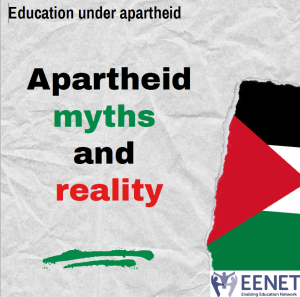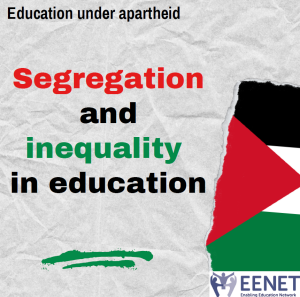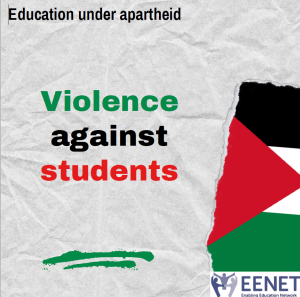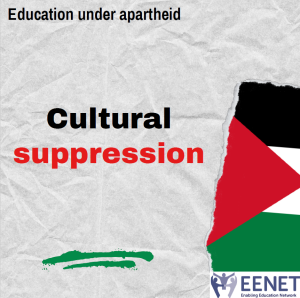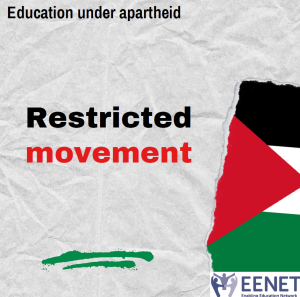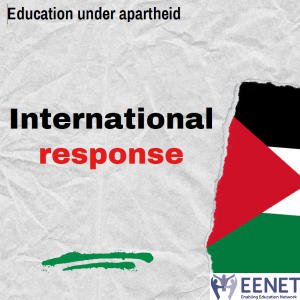This tool from Together for Girls to access data on violence against children in 24 countries. You can build, download and share custom tables, graphs and maps using data on key indicators from the Violence Against Children and Youth Surveys (VACS) and other trusted sources.
The data dashboard allows for a search on one or several categories and one or several countries.

